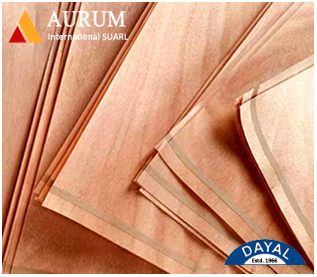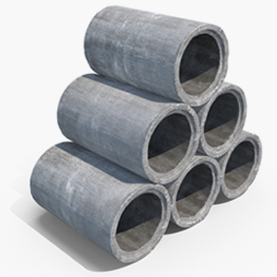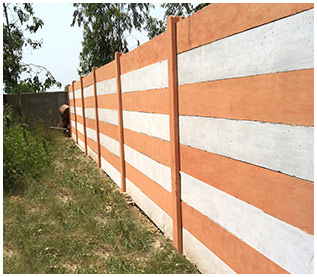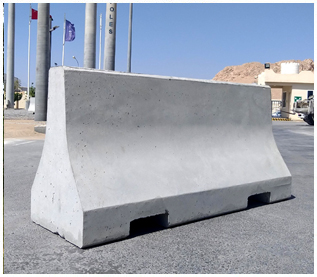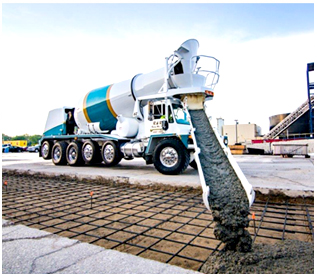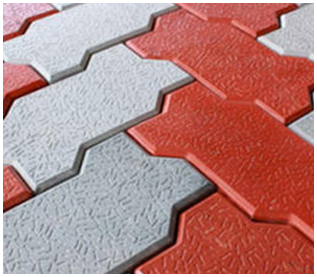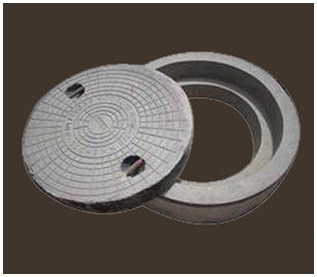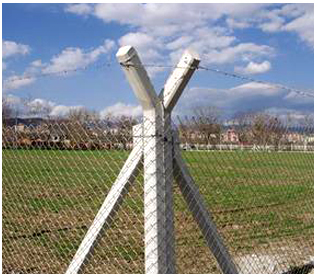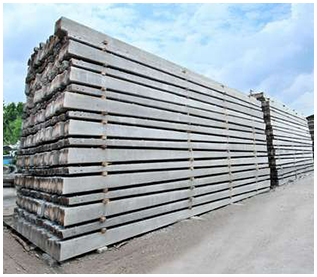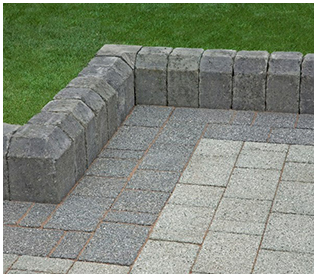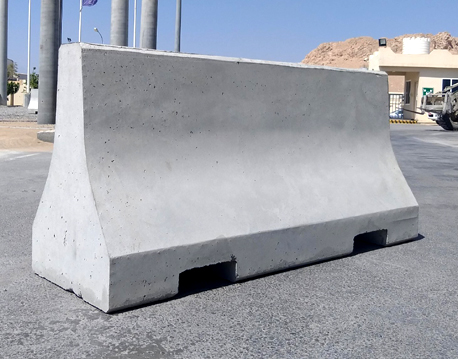RCC Jersey Barriers
Reinforced Concrete (RCC) Jersey Barriers are commonly used for various traffic management and safety purposes. Here are some relevant points about RCC Jersey Barriers :
Material Composition :
RCC jersey barriers are primarily made of reinforced concrete, which is a combination of concrete and steel reinforcement. The concrete mix used in the barriers is designed for durability, strength, and resistance to environmental factors.
Design & Dimensions :
The standard design of a jersey barrier includes a tapered shape, with a wider base and a narrower top. This design enhances stability and minimizes the impact on vehicles in case of a collision.
- RCC jersey barriers are widely used in traffic management to control and direct the flow of vehicles.
- They serve as effective dividers on highways, preventing crossover accidents and providing a visual separation between opposing lanes.
- Jersey barriers are often deployed in construction zones to protect workers and equipment from traffic.
Highway Safety Features : Jersey barriers are known for their ability to redirect vehicles upon impact, minimizing the severity of collisions. They are crash-tested to ensure compliance with safety standards and are designed to absorb and dissipate energy during a collision.
Installation & Mobility : Jersey barriers are modular and can be easily transported and installed. Interlocking features enable quick and secure placement, creating a continuous barrier when used in a series.
Durability & Longevity : The reinforced concrete construction provides durability and resistance to weathering, making jersey barriers suitable for long-term outdoor use. They require minimal maintenance and can withstand harsh environmental conditions.
Customization & Aesthetics : Jersey barriers can be customized with reflective markings and colors to enhance visibility, especially during low-light conditions. Some barriers are designed with aesthetic considerations, integrating logos or patterns for branding purposes.
Environmental Impact : The materials used in RCC jersey barriers are often sourced locally, reducing transportation-related carbon emissions. The long lifespan and low maintenance requirements contribute to the overall sustainability of these barriers.
Regulatory Compliance : Jersey barriers are manufactured in accordance with relevant safety standards and regulations established by transportation authorities.
Cost-Effectiveness : While initial costs may be higher than some alternatives, the durability and low maintenance requirements make RCC jersey barriers cost-effective over their lifespan. These aspects collectively make RCC jersey barriers an essential and versatile component in traffic management and safety infrastructure.
